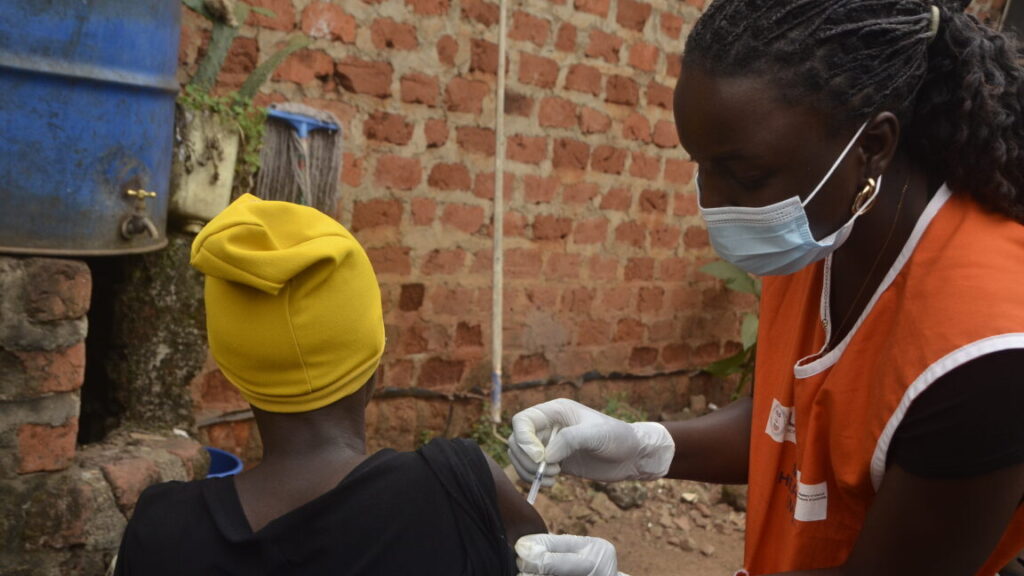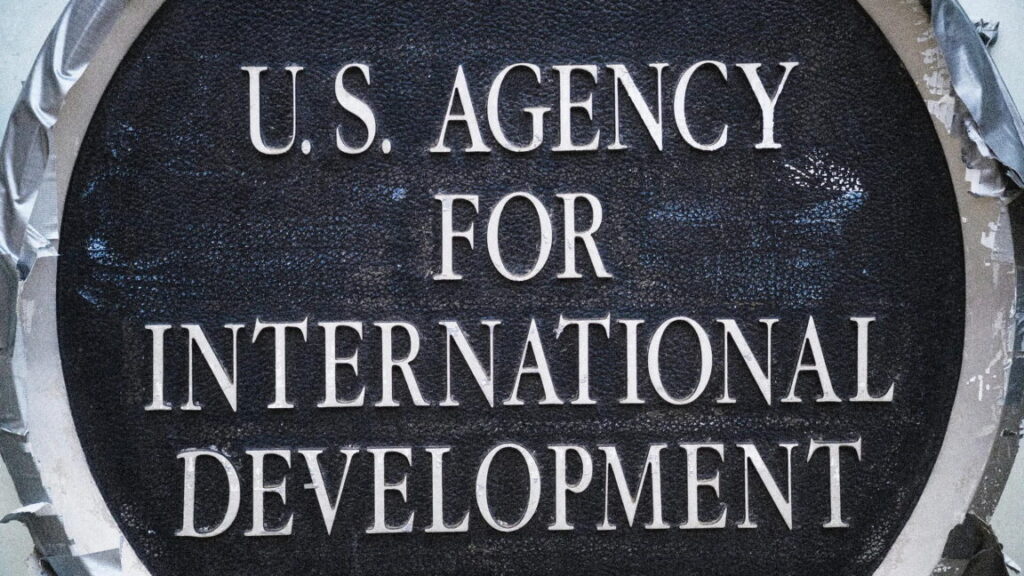Ebola outbreak in DR Congo rages, with 61% death rate and funding running dry
Jeopardized efforts
This week, the IFRC requested $25 million to contain the outbreak, but it has only $2.2 million in emergency funds for its outbreak response so far. The WHO likewise estimated the cost of responding to the outbreak over the next three months to be $20 million. But WHO spokesperson Tarik Jasarevic told the AP on Thursday that it only had $4.3 million in funding to draw from—a $2 million emergency fund and $2.3 million in funding from the United Kingdom, Germany, and the Gavi vaccine alliance.
“Without immediate support, gaps in operations will persist, jeopardizing efforts to contain the outbreak and protect vulnerable communities,” Jasarevic said.
In the past, the US Agency for International Development, USAID, has provided critical support to respond to such outbreaks. But, with funding cuts and a dismantling of the agency by the Trump administration, the US is notably absent, and health officials fear it will be difficult to compensate for the loss.
Mathias Mossoko, the Ebola Response Coordinator in Bulape, told the AP that the US has provided “some small support” but declined to elaborate.
Amitié Bukidi, chief medical officer of the Mweka health zone—another health zone in the Kasai province—told the outlet that there was still much work to do to contain the outbreak. “The need is still very great,” he said. “If USAID were to be involved, that would be good.”
Ebola outbreak in DR Congo rages, with 61% death rate and funding running dry Read More »


